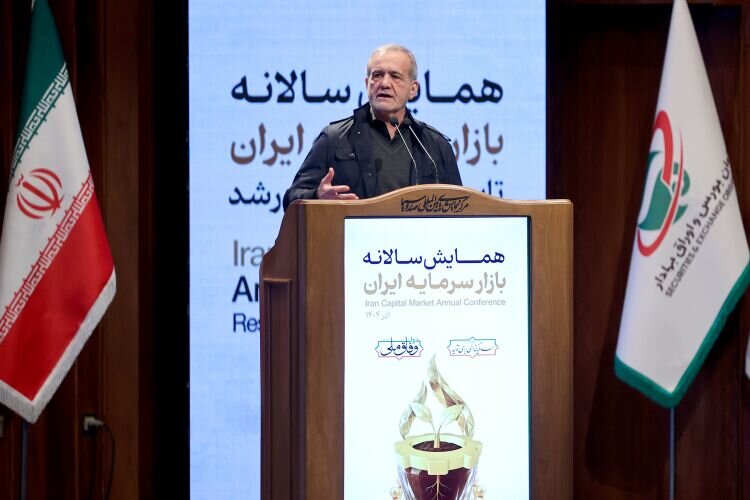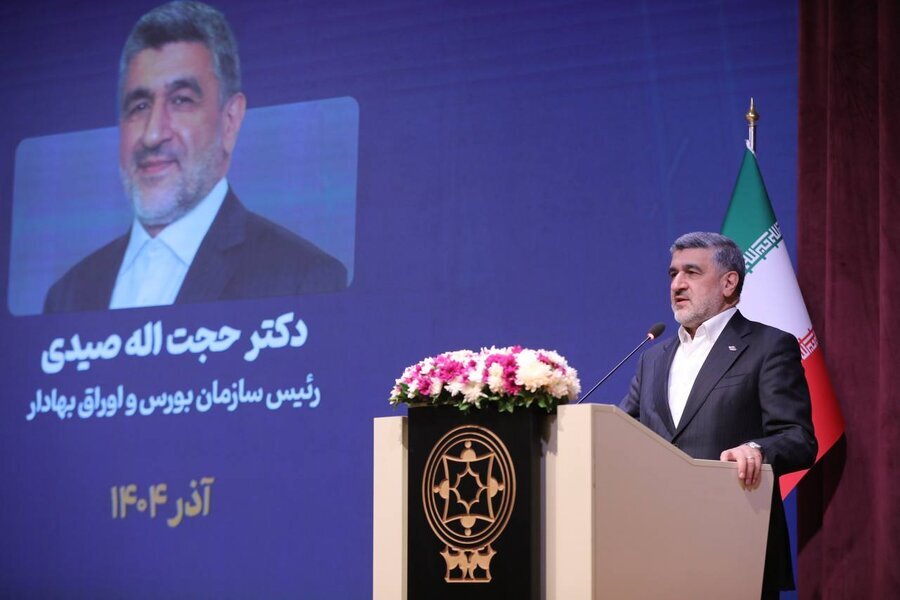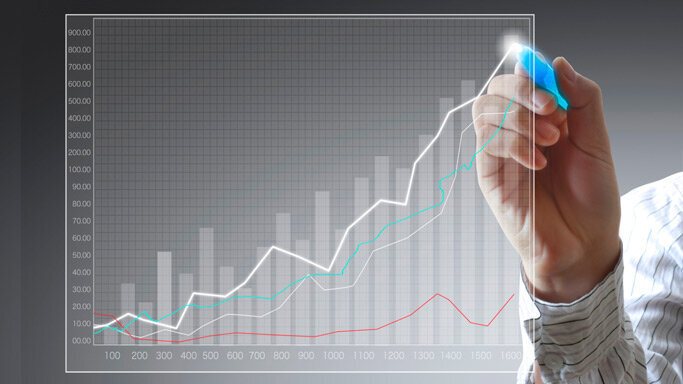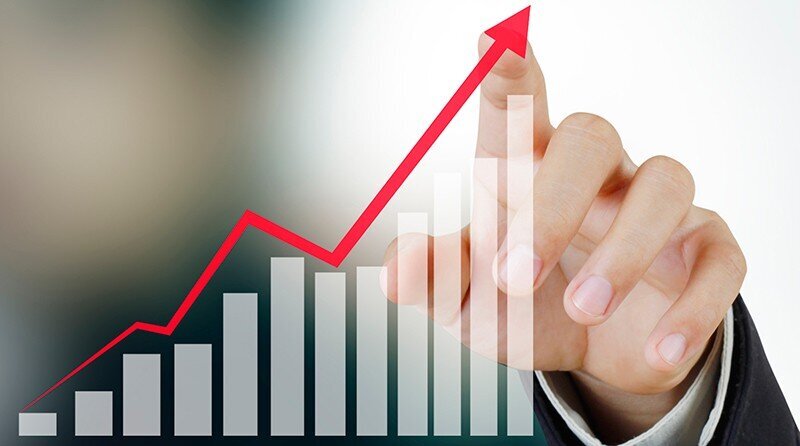
TEHRAN – Iranian president pointed to the country’s active presence in BRICS, SCO, and EAEU, and emphasized that these diplomatic interactions strengthen economic relations with neighbors and create a large market and new opportunities for merchants and investors.
Addressing Iran Annual Capital Market Conference, titled “Resilience, Innovation, Growth”, held at the IRIB International Conference Center on Saturday, Masoud Pezeshkian stated that the discussed issues regarding the capital market and the country’s macro-economy are of great importance, adding: “We in the government must take effective actions to facilitate your activities, and we will try in the first stage to prevent the process of budget deficit by making ourselves more efficient; because one of the factors causing inflation is the policies and programs related to the government. Of course, this has happened over many years.”
The president, emphasizing the necessity of aligning budget allocation and government revenue, stated: “In this year’s budget, we will try, through the meetings we hold in the economic sector, to make the budget and revenue compatible and control expenses.”
Pezeshkian, pointing out that the imbalances in the water, electricity, and gas sectors are real, added: “We are striving to provide the energy required by industry in any way possible so that industrialists and producers can work. In this regard, through publicity and dialogue, we seek to control and reform the pattern of energy consumption. Proper consumption is a necessity, and measures in the field of energy productivity need to be revised. For example, if every person, family, or entity can save just 10 percent in energy consumption, we can save 800 to 900 thousand barrels of oil per day. Fortunately, good developments have occurred in this area, but more effort is needed. With this saving, part of people’s livelihood will be organized, and development will find meaning.”
Capital market rebounds as Tehran targets deeper reforms
Addressing the same conference, the head of Securities and Exchange Organization (SEO) announced that Iran’s capital market has expanded by roughly 20 percent in the past four months, a gain that says reflects renewed public confidence after the downturn triggered by the regional war.
Hojatollah Seyedi said the organization is preparing a series of new measures to deepen the market and accelerate primary offerings.
Seyedi noted that Iran’s exchange market is still far smaller than advanced economies and said the goal is to raise its size to at least $400 billion over time.
He added that the path is challenging, but the SEO intends to expand the market through more initial public offerings and long-term financing instruments.
He said many companies remain outside the exchange and that speeding up IPOs is essential for stabilizing the market.
According to Seyedi, the capital market has progressed through four key phases: safeguarding public assets, improving liquidity, restoring balance and now consolidating that balance. With a more stable environment and wider investor participation, the SEO aims to strengthen IPO activity so that real capital formation occurs in the primary market and projects can later move to the secondary market for broader public access.
Seyedi also highlighted plans to reinforce project-based investment funds and stressed the need for better balance between government-issued and private-sector debt securities to ensure that businesses can secure financing through the market.
He added that the Ministry of Economic Affairs and Finance has launched a strategic program called “Rouyesh,” with implementation led by the SEO. The initiative is designed to aggregate dormant household savings and channel them into productive sectors of the economy.
Seyedi expressed hope that, like other new financial instruments introduced recently, this program will gain traction and reach its intended scale.
Government prioritizes inflation control, budget correction
Also speaking at the conference, Economic Affairs and Finance Minister Seyed Ali Madanizadeh said the government is prioritizing inflation control and fiscal correction as the economy grapples with high inflation, recessionary pressures and a prolonged decline in long-term growth.
He said reducing the budget deficit, managing liquidity pressures on the central bank and supporting household purchasing power form the core of the government’s economic agenda in the coming months.
Madanizadeh said inflation remains the most visible concern for citizens and businesses.
He added that the economy has entered a clear recession this year, while long-term growth has been weakening for more than a decade, underscoring the urgency of structural reforms.
EF/MA




